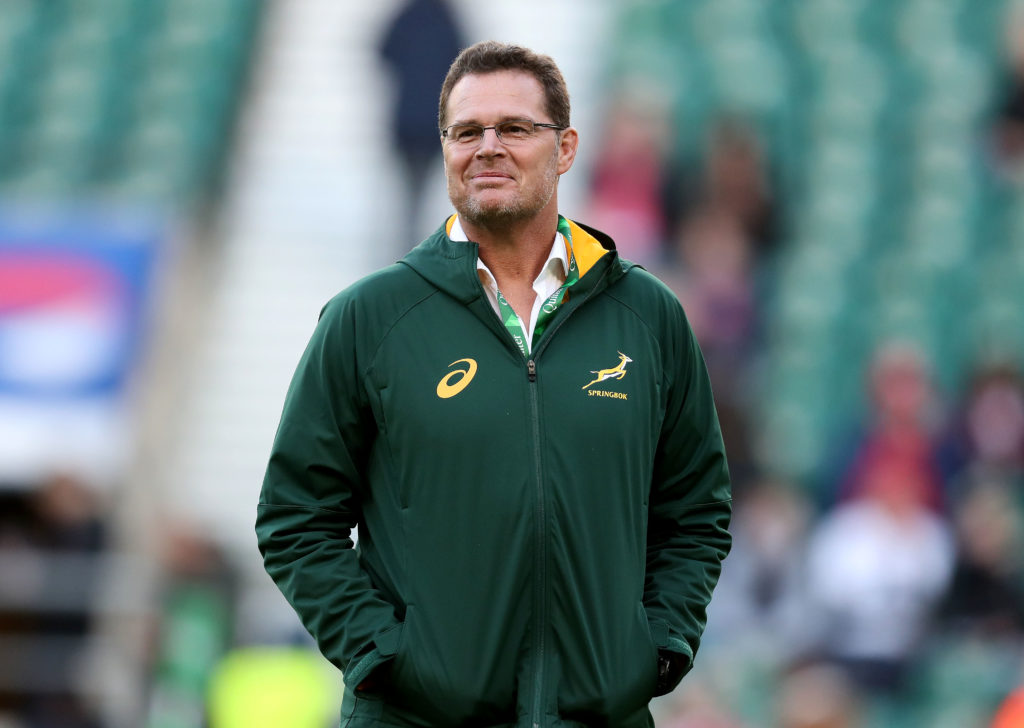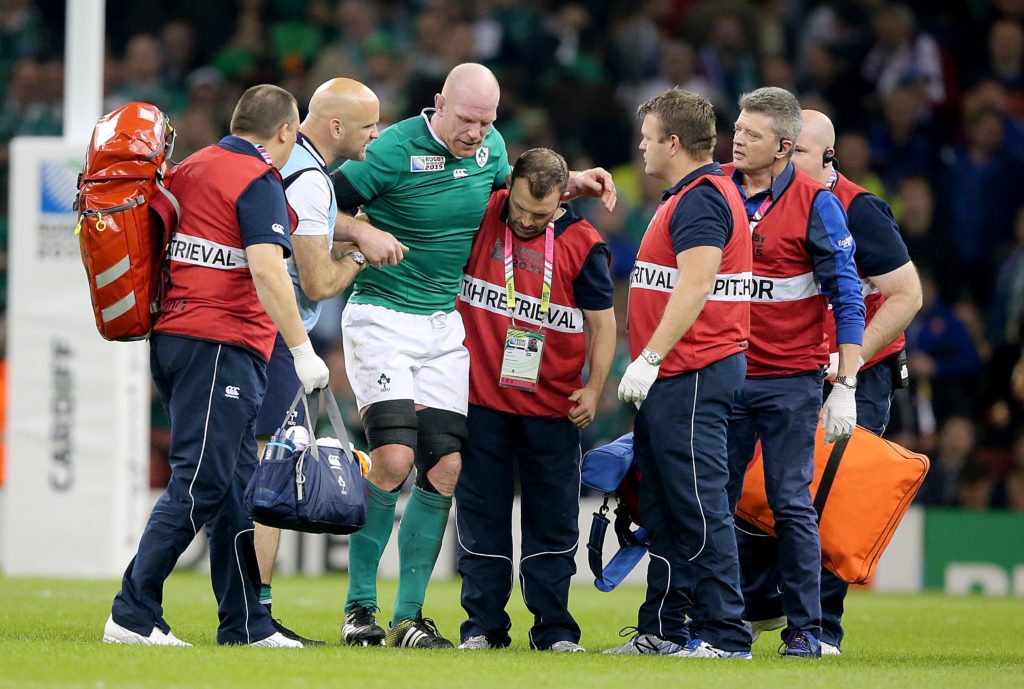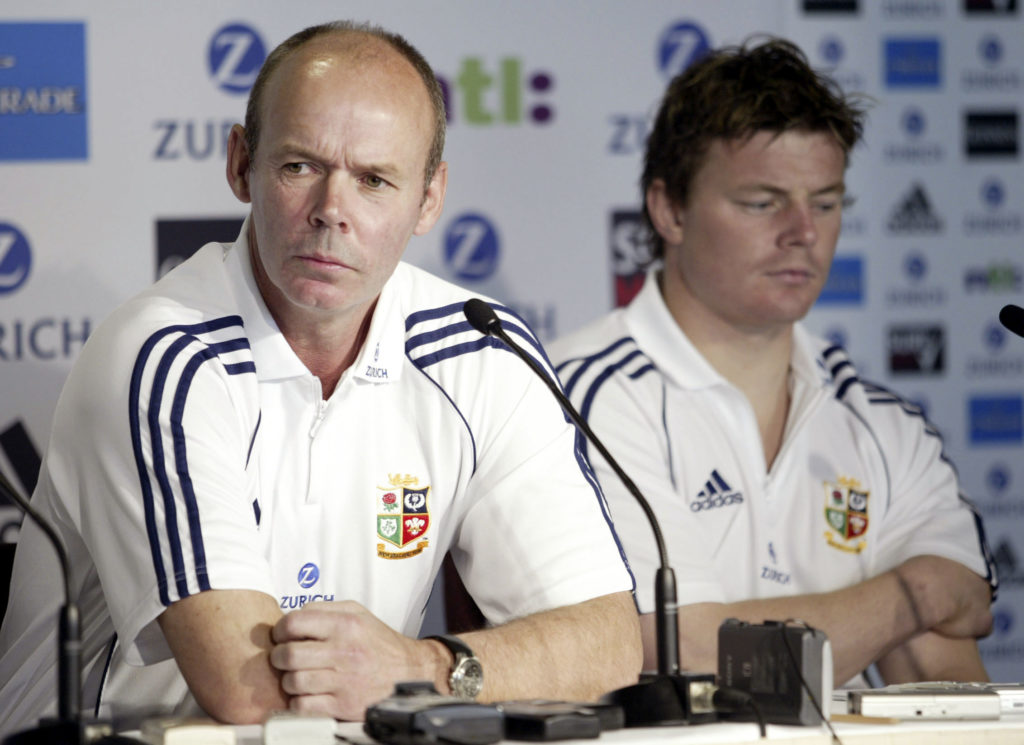South Africa have the opportunity of winning an abbreviated Rugby Championship when they face the Argentina this weekend.
Obviously this game has relevance because of the fact that on the 21st September both these teams cross swords again in Yokahama in the opening round of the World Cup.
This game is likely to decide the winners and runners up of Pool B. The next day Ireland begin their campaign against the Scots in Pool A at the same stadium.
Many people point to a resurgent South Africa as evidence of the increasingly difficult task awaiting Joe Schmidt’s men should they secure a quarter final berth.

Ireland will face either of these two major nations should they advance from their pool. It is certainly evidence that this World Cup may well be the most competitive yet.
However, in reality, results in advance have little influence on what happens in the main event. It is always fascinating how we as fans get lost in permutations in an attempt to identify our team’s safest passage to the final.
In 2015, the Irish team secured what was seen as the easiest passage available out of their pool towards a potential first World Cup Final.
However, all that was undone in the ‘easier’ quarter final by a mixture of bad luck with injury and an excellent display by an inspired Pumas side.
While management will always focus on one game at a time, the missed opportunity of a first ever semi-final must have hurt all involved deeply.
So how much relevance will Rugby Championship results have on the World Cup? Precious little unless the Irish camp allows themselves to get ahead of themselves.
If the focus is on a potential huge quarter final clash then concentration is misplaced from where it needs to be. Schmidt will ensure that focus remains game to game.

Management thinking will be win to all our pool games and carry the confidence into the knock out stages regardless of opposition. The reason for this is heavily based in the psychological principle of remaining present.
Managing the distractions that affect that ‘zone’ are the key to high performance. These distractions are heightened in a World Cup environment.
So planning and attention to detail become hugely important. It is also crucial that every member of the traveling party has the same message. The challenge is in delivering one performance at a time.
It is my belief that human beings cannot multitask. What we are capable of is handling a number of serial tasks in rapid succession, or mixing automatic tasks with those that are not so automatic.
That’s one of the reasons that the American National Transport Safety Board (NTSB) reports that texting while driving is the functional equivalent of driving with a blood alcohol level three times the legal limit.
In order for human beings (particularly in sport) to deliver their optimum performance they must avoid distractions.
World Cup winning coach with England in 2003, Clive Woodward, introduced the TCUP mantra to his players in 2003. TCUP stood for Thinking Clearly Under Pressure.

Woodward believed that the more you planned for things going wrong the less impact they can have on you and the less distraction they will cause.
Woodward introduced 10 Commandments: These set his expectations of the standards of culture and behaviour of the group.
1: Dress must be presentable at all times.
2: Language: No swearing in public.
3: Governors team representatives to liaise with management.
4: Punctuality: Must be 10 minutes early for meetings.
5: Selection: Omitted players must congratulate their rivals.
6: Mobile phones: Must not be seen or heard in team hotel.
7: Books/press: No dirt dishing articles.
8: 365 days: England players are never off duty.
9: Be present. Don’t just turn up, make a contribution.
10: Fun. Work must be enjoyable
Creating standards and having a collective belief brought the squad together and eliminated a lot of the outside noise of a major tournament and was fundamental in their success in 2003. Woodward was all about empowering his players.
“It wasn’t through me telling them, it was a two-way process. It was me saying what I thought, asking them what they thought and getting their buy-in.
“It was real pride in not letting anyone in the room down, because if we didn’t let anyone in the room down we wouldn’t let the country down.”
Joe Schmidt like Woodward has put a premium on building a culture of excellence within his squad. He has embraced the psychological development of his squad.
He will learn from Ireland’s failure four years ago and his attention to detail will ensure his focus will not waver from the Scotland game on the 22nd September.
Although you can bet that when needed he will have a plan for New Zealand and South Africa.









